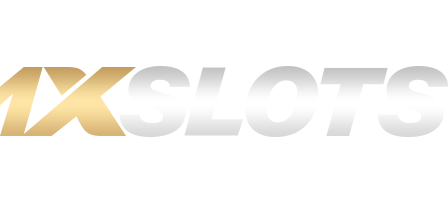According to an unprecedented study published by the International Betting Integrity Association (IBIA), after a study conducted in 20 jurisdictions on six continents, the UK has the most robust gambling regulatory framework.
Leading global gambling data and analytics firm H2 Gambling Capital was commissioned to conduct a study assessing the strengths and weaknesses of regulations and financial structure for both land-based and online betting.
A scoring system was introduced, with scoring focused on five key criteria: regulation, taxation, product, integrity and advertising, and the UK came out on top with 91 points.
The study concluded that gambling is heavily regulated in the UK, along with modest operating costs and taxation.
It was also predicted that the UK would continue to have a large number of operators and a high degree of sewerage.
Malta, well known as an international gambling hub, came in second with a total of 88 points where a wide range of betting products were allowed and fairness measures were strengthened.
Denmark finished third by just two points and was praised for a solid yet balanced system that has created one of Europe's most successful markets.
However, the report criticizes the country's move away from a modest gross gambling revenue (GGR) tax that could lead to a reduction in onshore sewerage, as its government has acknowledged that this could happen.
Nevada ranked fourth among US jurisdictions with a score of 85, thanks to its long-established regulatory regime and extremely attractive GGR tax, as well as the variety of products on offer.
New Jersey, which played an integral role in the repeal of PASPA, came in sixth after highlighting GGR's good tax base and reliability.
The gambling industry in India ranked last out of the 20 jurisdictions surveyed, with just nine points. The report blamed it on an unregulated and unlicensed market as gambling is widespread but also banned.
As a result, the Indian market lacks player protection and tax profits.
The report also mentioned that the criminal element in the Indian gambling market will continue to flourish due to the lack of licenses.
Canada came in second with 47 points, despite the lifting of the federal ban on betting on certain sports and the fact that Ontario said online licenses would be made available to private operators.
However, the study found that Canadian integrity issues and provincial monopolies still linger, and offshore channels are likely to continue.
David Henwood, Director of H2 Gambling Capital, said: “Our assessment of the various regulatory models in place around the world identified the key factors that are most likely to lead to the creation of a successful well-regulated betting market: unlimited licensing, competitive GGR tax, wide range of products, adherence to the principles of integrity and balanced advertising parameters.
“This position, our betting product and fairness score are based on the most extensive and detailed collection of market data ever collected. As such, the findings of the report are unique and instructive,” he said enthusiastically.
Trade associations including the Betting and Gaming Council, SPER, European Gaming and Betting Association, Jdigital and the Netherlands Online Gambling Association were listed as project partners in the study.
